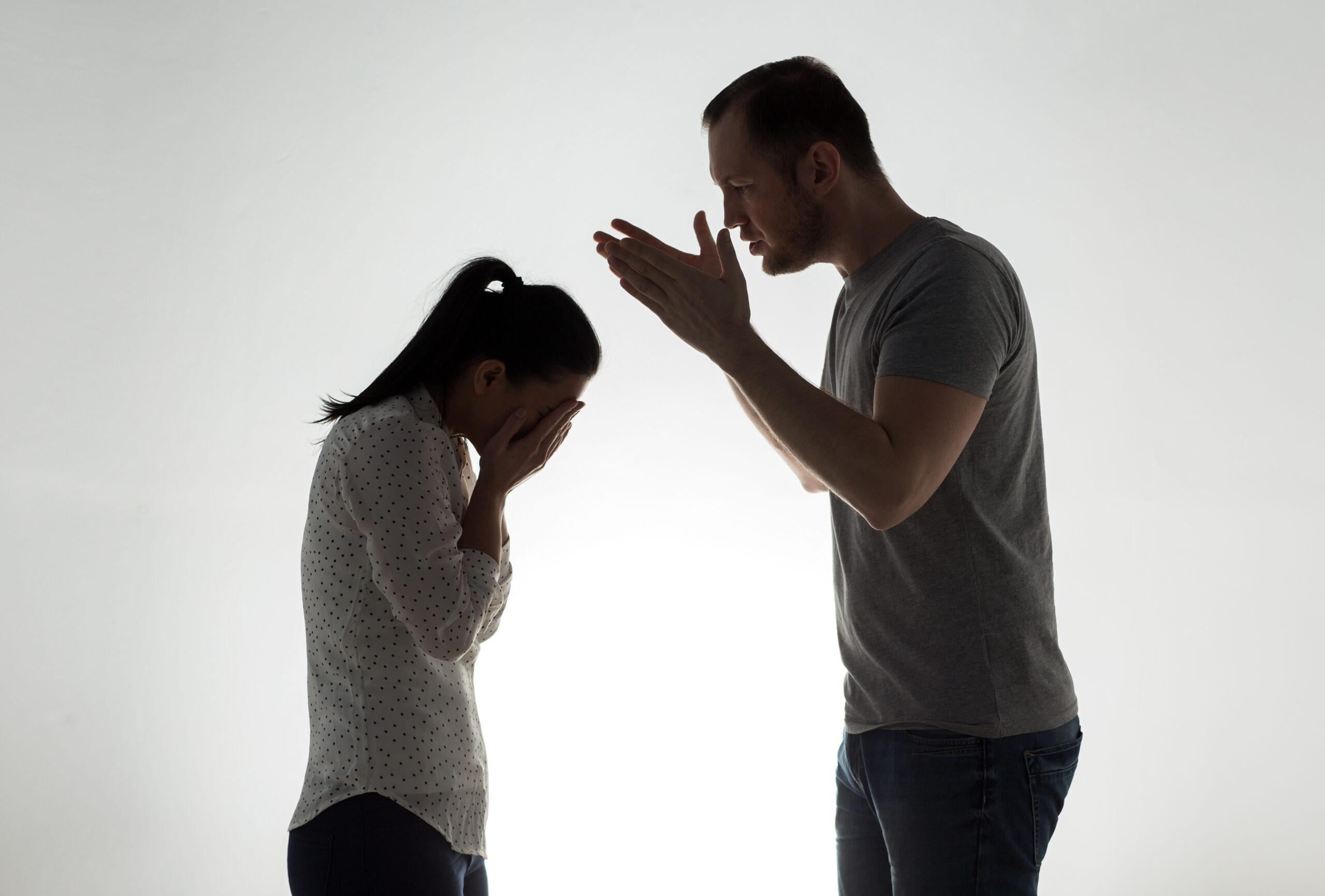If you are looking to end your marriage with an abusive spouse, it’s crucial to understand your rights and legal options. Please read this as we explore how domestic violence can impact your divorce and how a compassionate Suffolk County Divorce Attorney can help you petition the court for a protection order.
What Are the Grounds for Divorce?
To dissolve your marriage in New York, you must satisfy the state’s residency requirements and cite legally accepted reasons for the breakdown of the union. The state allows for both fault and no-fault divorces. If you file for a fault-based divorce, you will need to prove the reason, meaning you must present evidence to the court that demonstrates that your spouse’s wrongdoing led to the divorce. New York recognizes the following fault grounds:
- Adultery
- Abandonment
- Imprisonment
- Institutionalization
- Cruel and inhuman treatment
It’s important to understand that you can cite extreme cruelty as the grounds for your divorce if you are the victim of domestic abuse. Cruel and inhuman encompasses physical, verbal, and emotional abuse that endangers your well-being to the point that it is unsafe or improper for you to live with the abuser.
Can I File a Restraining Order Against an Abusive Spouse?
If you find yourself in a situation where you fear for your safety due to domestic violence, there are legal avenues you can pursue for protection. One of the most critical steps you can take is to file a restraining order or emergency protection order. These court orders prohibit an abuser from contacting you, maintaining a specific distance from you, and, in some cases, even vacating your shared residence.
The process of obtaining a protection order typically involves a court hearing where you will have the opportunity to present your case and explain why you feel threatened. However, given the urgency of domestic violence situations, the court may initially issue a temporary restraining order (TRO). This will provide immediate protection while your case is being reviewed.
Following your court hearing, the court may issue a final restraining order (FRO), which is permanent. This protection order will remain in effect unless you request that it be lifted. These court orders are legally binding, meaning they can have serious consequences for your abuser if violated.
If your divorce involves domestic violence, it’s imperative to take the necessary steps to protect yourself. At the Law Offices of Susan A. Kassel, P.C., we are prepared to guide you through this difficult time to keep you and your children safe from an abusive spouse. You have the right to live free from fear and abuse. Connect with our firm today to learn how we can fight for you and your family.



